What Is a Traveling Ultrasound Tech?
A traveling ultrasound tech, also known as a travel sonographer, is a diagnostic medical professional who takes on short-term assignments in different healthcare settings across the country. Unlike a traditional ultrasound tech who works in a single facility, traveling techs move between hospitals, clinics, and sometimes even mobile units, helping fill staffing gaps and provide critical imaging services.
Why More Sonographers Are Choosing to Travel
Healthcare workers are increasingly choosing travel assignments for the flexibility and variety they offer. Whether you’re looking to explore new cities or want better work-life balance, travel sonography provides:
- Exposure to diverse patient populations and facilities
- Breaks between contracts to rest or travel
- Higher earning potential compared to full-time positions
Traveling Ultrasound Tech Salary Breakdown
Travel ultrasound techs typically earn between $2,000 and $3,500 per week, depending on experience, location, and specialty. Compensation often includes:
- Tax-free stipends for housing and meals
- Travel reimbursement
- Bonuses for high-need locations or contract completion
In contrast, permanent positions average around $65K–$85K annually, without the added stipends.
Travel vs. Hospital Jobs — Pros & Cons
| Aspect | Travel Ultrasound Tech | Traditional Hospital Job |
|---|---|---|
| Salary & Pay | $2K-$3.5K/week + stipends | $65K-$85K/year |
| Flexibility | High; choose when/where to work | Fixed schedule, limited PTO |
| Burnout | Lower; time off between contracts | Higher; repetitive workload |
| Gear | Bring essentials like backpacks, shoes | All provided on-site |
| Job Satisfaction | High for independent spirits | High for those valuing stability |
7 Must-Have Products for Travel Ultrasound Techs
Traveling as an ultrasound tech means you need to stay mobile, efficient, and organized. Here are the top products that’ll make your travel assignments smoother, healthier, and more enjoyable—with links to top-rated gear trusted by other traveling professionals.
1. Clarius Wireless Portable Ultrasound Scanner
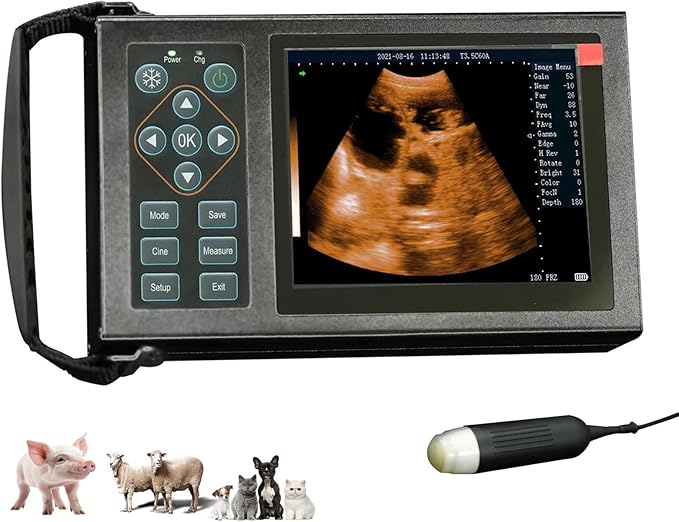
Best For: Lightweight, wireless imaging on the go
Why It’s Great: This pocket-sized, handheld ultrasound machine connects wirelessly to your tablet or phone. Perfect for quick scans or demos in clinics and remote locations.
👉 [Clarius Wireless Portable Ultrasound Scanner]
Pros:
- No cords or bulky machine
- High-quality imaging for a compact device
- Works with both iOS and Android
Cons:
- Expensive upfront investment
- Not suitable for complex imaging needs
2. Nomatic Navigator Backpack (Tech-Friendly)
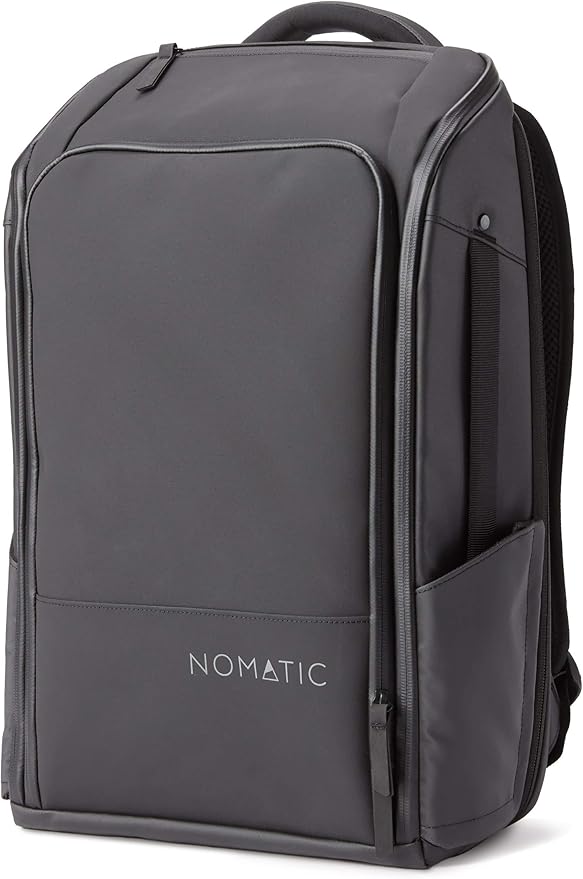
Best For: Keeping your gear safe and organized during travel
Why It’s Great: Built for mobile professionals, this backpack has compartments for laptops, tablets, cables, clothes, and medical accessories. It’s sleek, waterproof, and TSA-approved.
👉 Nomatic Navigator Backpack
Pros:
- Built-in RFID-safe pocket
- Expandable for weekend trips
- Sleek, professional look
Cons:
- Premium price tag
- May be too structured for casual use
3. HOKA Bondi 8 – Ultra Comfy Nursing Shoes
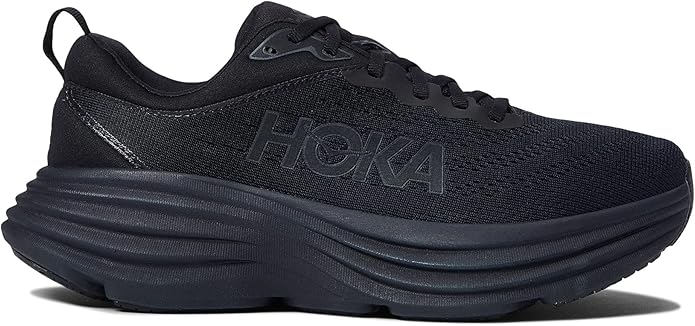
Best For: Long hospital shifts or clinic days
Why It’s Great: Known as the most cushioned shoes in healthcare, HOKAs provide foot support for long hours of standing or walking. Essential for comfort and injury prevention.
👉 Amazon link HOKA Bondi 8
Pros:
- Cloud-like comfort
- Excellent arch support
- Recommended by healthcare pros
Cons:
- Bulky design
- May run half a size small
4. Physix Gear Compression Socks (Set of 3)
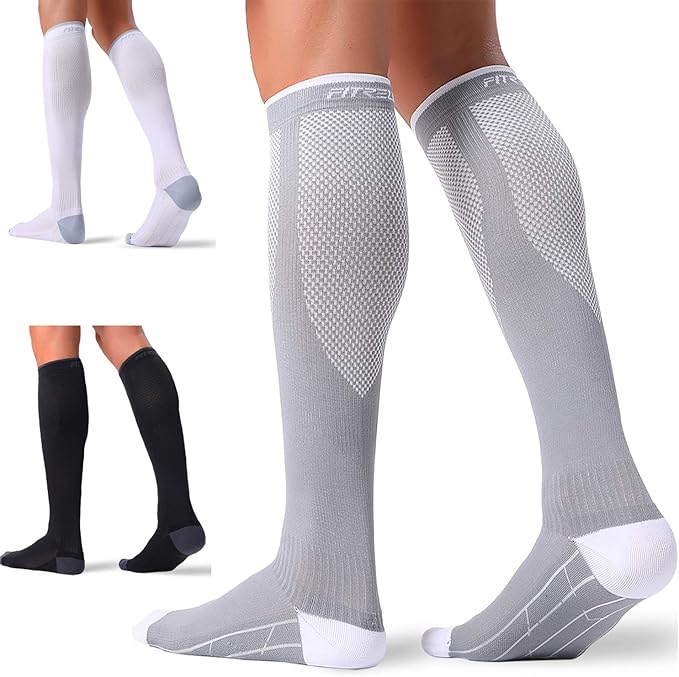
Best For: Blood circulation & leg recovery after long shifts
Why It’s Great: These breathable, tight-fitting socks reduce leg fatigue and prevent swelling. A lifesaver for techs who are always on their feet.
👉 Visit Amazon products link
Pros:
- Boosts circulation
- Stylish and unisex design
- Affordable multi-pack
Cons:
- Tight fit may be uncomfortable at first
- Limited size options
5. Apple iPad Air (with Pencil Support)
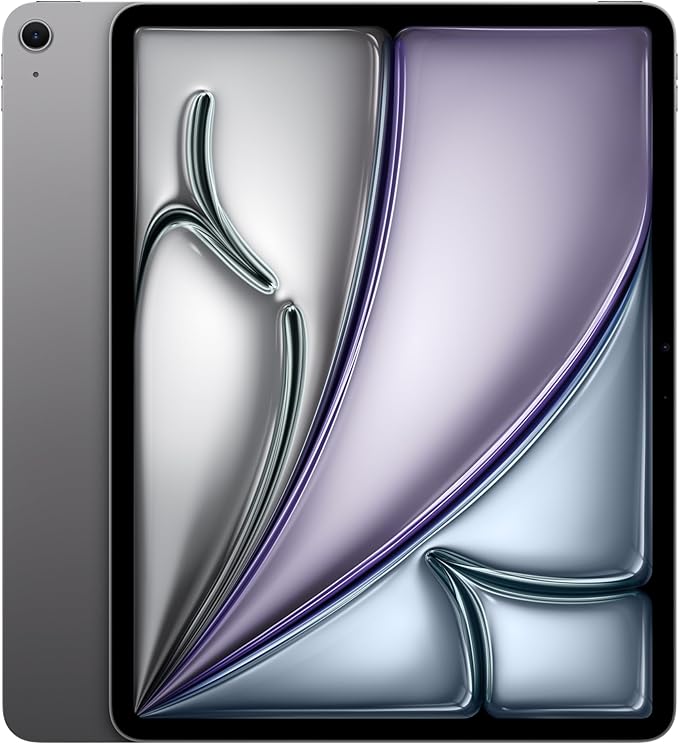
Best For: Notes, CEUs, patient logs, and travel planning
Why It’s Great: Lightweight, fast, and highly portable. Use it for work, entertainment, or taking online CEU courses between gigs.
👉 Visit Apple iPad Air
Pros:
- Fast processor, great for multitasking
- Compatible with medical apps
- Ideal for digital charting or reading
Cons:
- Pricey with accessories
- Not a full laptop replacement for some
6. Travel Sanitizer Kit + PPE Pack
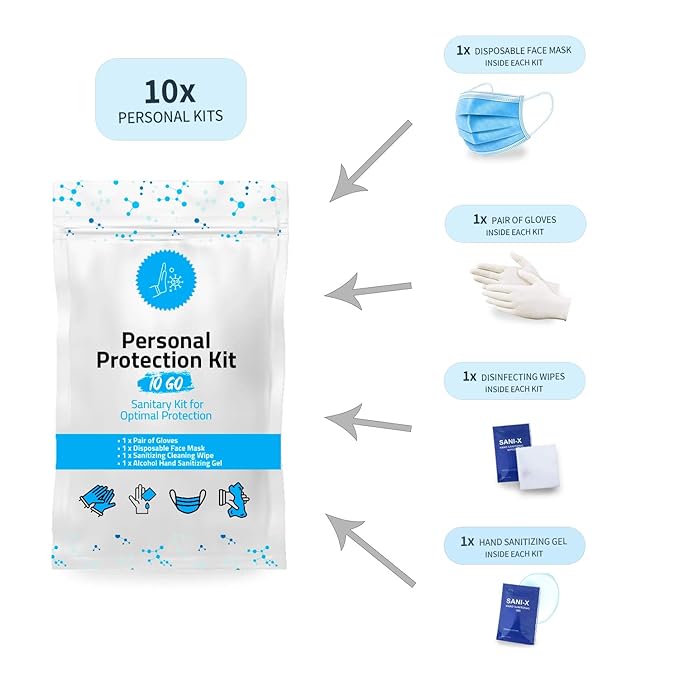
Best For: Keeping yourself and equipment clean while traveling
Why It’s Great: A travel-size set of hand sanitizers, wipes, gloves, and mini spray bottles. Great for working in different hospitals and on-the-go hygiene.
👉 [Amazon Products Link]
Pros:
- TSA-approved sizes
- Keeps germs at bay
- Easy to restock
Cons:
- May not include all PPE types
- Frequent refills needed
7. 🌐 NordVPN (1-Year Plan)

Best For: Safe internet browsing while traveling and working remotely
Why It’s Great: Protects your data and allows access to secure healthcare platforms even from public Wi-Fi or unfamiliar networks.
👉 Visit NordVPN
Pros:
- Easy to use on all devices
- Strong encryption
- Extra features like ad blockers and tracker protection
Cons:
- Monthly fee (if not on yearly plan)
- May slow down your internet slightly
You can check Top 5 Amazon Deals You Don’t Want to Miss This Week for top Amazon best deals gadgets.
Real-Life Challenges & Rewards of the Job
From my own experience, being a traveling ultrasound tech is both empowering and humbling. Each assignment feels like a new beginning—new team, new patients, and new workflows. Yes, there are moments of uncertainty, especially finding housing or navigating unfamiliar equipment, but the lifestyle benefits are unmatched.
Tips to Thrive:
- Keep digital copies of credentials in cloud storage
- Use Facebook groups to find housing and advice
- Explore the local area on your days off
Top Agencies & Platforms Hiring Travel Ultrasound Techs
- Aya Healthcare — Industry leader with great support
- Fusion Medical Staffing — Focused on allied health
- Club Staffing — Easy job board navigation
- AMN Healthcare — Large network and credentialing help
How to Get Started as a Traveling Ultrasound Tech
- Ensure your ARDMS certification is current
- Research state licensing requirements
- Build a traveler-ready resume
- Apply to multiple agencies to compare offers
Pro Tip: Start with a short-term contract near your home to ease into the lifestyle.
Frequently Asked Questions (FAQs)
Q1. How much do traveling ultrasound techs make in 2025?
Most earn $2,000–$3,500/week with stipends.
Q2. Do I need extra certifications?
Most jobs require ARDMS plus applicable state licenses.
Q3. Can new grads start traveling?
Some agencies accept new grads, but 6-12 months’ experience is preferred.
Q4. How long are typical assignments?
Most are 13 weeks, though shorter or longer contracts exist.
Q5. What’s the best state to work in?
California, Texas, and Florida offer high demand and top pay.
Final Thoughts
Becoming a traveling ultrasound tech is more than a job—it’s a lifestyle full of adventure, great pay, and endless learning. Whether you’re seeking more freedom or just tired of the routine, this career path could be your perfect fit.
Explore the freedom. Embrace the road. And scan your way to a more fulfilling life.